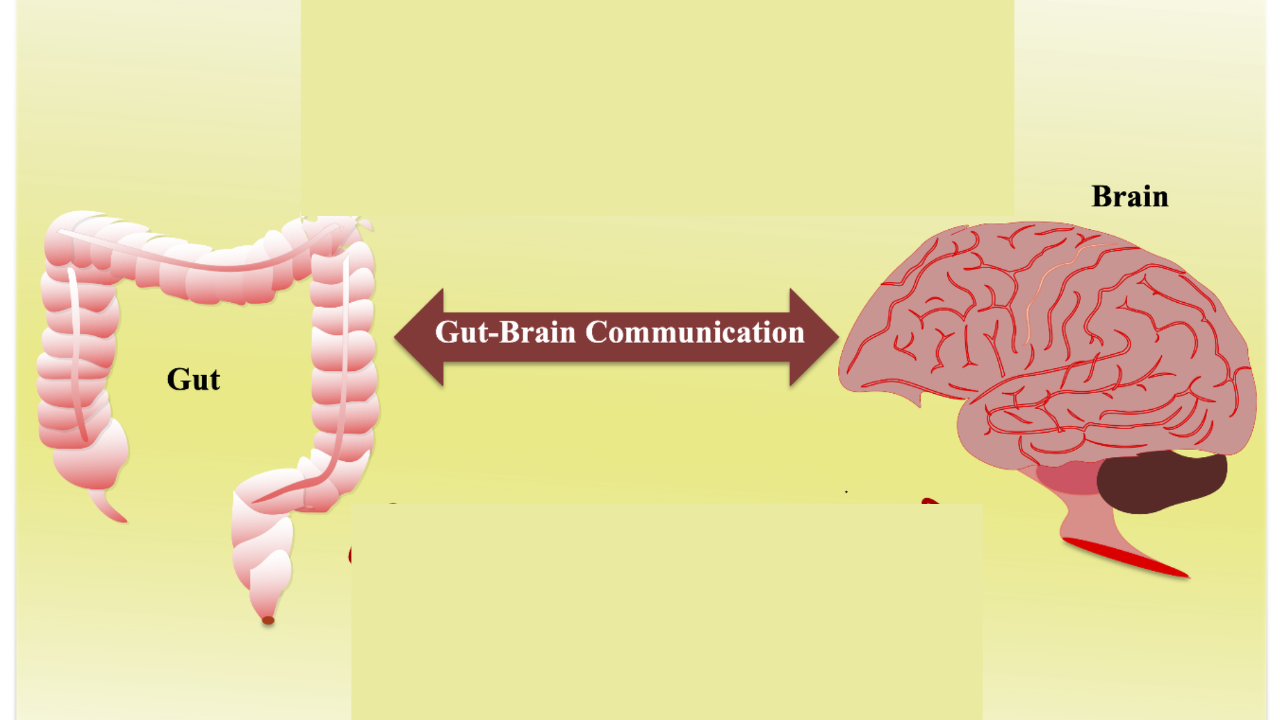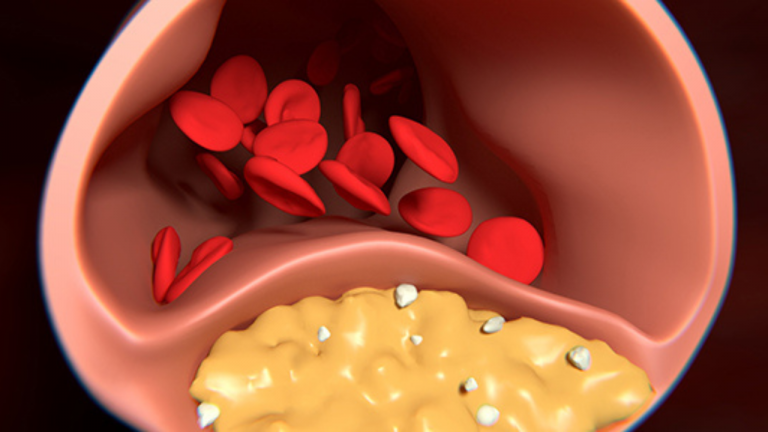The Brain-Immune-Gut Axis, Vagal Tone and Chronic Disease

The brain-immune-gut axis and vagal tone play important roles in regulating immune function and overall health. Dysregulation or imbalances in these systems have been implicated in the development and progression of chronic diseases. Here’s an overview of their interplay and their relationship to chronic disease:
Brain-Immune-Gut Axis:
The brain-immune-gut axis represents the bidirectional communication between the central nervous system, the immune system, and the gut.
The brain influences immune function and gut health through neural, endocrine, and immune signaling pathways.
The gut, often referred to as the “second brain,” has a complex network of neurons and an extensive population of immune cells. It communicates with the brain via the vagus nerve and the release of neurotransmitters, immune molecules, and hormones.
Disruptions in the brain-immune-gut axis, such as increased intestinal permeability (leaky gut), dysbiosis (imbalanced gut microbiota), and chronic inflammation, can contribute to the development and progression of chronic diseases.
Vagal Tone:
Vagal tone refers to the activity of the vagus nerve, the primary parasympathetic nerve responsible for regulating the rest-and-digest response and promoting relaxation.
Vagal tone influences immune function by modulating inflammation and the release of anti-inflammatory cytokines.
Low vagal tone, often associated with chronic stress, is linked to chronic inflammation, immune dysregulation, and an increased risk of chronic diseases.
Chronic Disease:
Chronic diseases, including autoimmune disorders, metabolic syndrome, cardiovascular disease, neurodegenerative conditions, and gastrointestinal disorders, are influenced by dysregulation in the brain-immune-gut axis and vagal tone.
Chronic inflammation, driven by immune dysregulation and gut-related factors, is a common underlying mechanism in many chronic diseases.
Imbalances in the gut microbiota, leaky gut, and altered immune responses can contribute to chronic inflammation, tissue damage, and the progression of chronic diseases.
By promoting a healthy brain-immune-gut axis and optimizing vagal tone, it may be possible to reduce the risk and impact of chronic diseases. Strategies to support these systems include:
Managing stress through practices like meditation, deep breathing exercises, and relaxation techniques.
Adopting a balanced diet rich in whole, nutrient-dense foods, fiber, and probiotic-rich foods to support gut health.
Regular physical activity and exercise can positively impact immune function and vagal tone.
Adequate sleep to support overall health and restoration of the body.
Minimizing exposure to environmental toxins and endocrine disruptors.
It’s important to note that chronic diseases are complex and multifactorial, and individualized approaches are necessary. Consulting with healthcare providers, such as functional medicine practitioners or integrative medicine specialists, can provide personalized guidance and treatment plans to address chronic diseases and promote optimal brain-immune-gut axis function.



